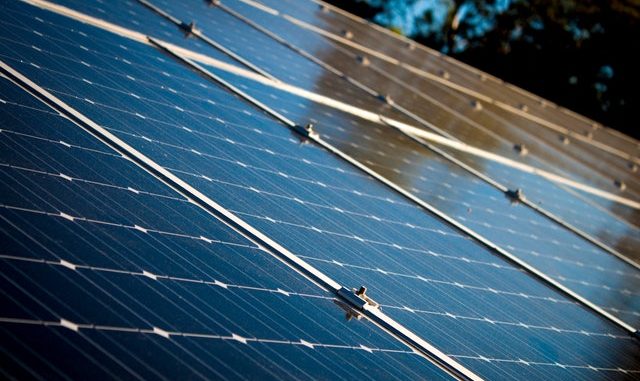
When it comes to the best solar battery storage systems you want to make sure that you have done the relevant research so that you can make the right choice for you and your family. There are a number of considerations including price, size, compatibility and durability that need to be considered before you commit to a specific type of solar battery storage system.
Below are the four main types of solar battery storage systems available with the benefits of each outlined.
Lead acid
This option may be boring, ugly and bulky but they are super dependable when it comes to solar battery storage systems. Despite not lasting as long as many of the other batteries available these lead acid batteries are tried and tested and have been used throughout Australia for a number of decades now. However, as solar battery storage systems become more popular, these lead acid batteries are being overtaken by cheaper, more appealing and longer warranty options.
Overall, the lead acid batteries are a little bit oif an outdated option as they are not as environmentally friendly and simply do not work as well as some of the options available today.
Lithium Ion
These are the fastest developing solar battery storage systems at the moment as cars and other machinery is being powered by electricity. These are currently looking like they will be the most popular option for solar battery storage systems for the years to come and they are incredibly efficient. It is no surprise that these are currently leading the pack as they are appealing and provide a lengthy warranty period.
These solar battery storage systems are also extremely long lasting. They offer a deeper discharge than the other batteries at 4000 to 6000 cycles at about 80% and will last you anywhere between 13 and 18 years. Whilst this is great, there is a price that you pay for it and these are the most expensive solar battery storage systems that you can get. it is worth weighing up the costs and benefits before electing to invest in the best.
Flow
The flow solar battery storage systems are one of the newest entrants into the market despite the technology being around for a number of years. The reason these batteries are called flow is because they have a water based zinc-bromide solution that is inside them. There are currently only a few companies manufacturing and distributing these flow batteries to residential properties in Australia but it is likely that this will grow as these are small and efficient solutions.
There is an extensive list of benefits that comes with the flow batteries:
- They are able to be completely discharged without any side effects or reduction of lifespan
- They are able to withstand extreme temperature conditions
- They are cheaper to repair and maintain than other batteries
Sodium Nickel Chloride
These are a competitor battery with the lithium ion ones. There offer some great environmental and safety benefits which ties in well with those who have already opted for their own solar power. As they are a direct competitor and ultimately an alternative option to the lithium ion batteries, the below advantages of the sodium nickel chloride option is when compared to the lithium ion:
- They are suitable for a wide range of environments having a very broad temperature range from below zero all the way to sixty degrees Celsius
- They are fully recyclable and present no fire risk
- It does not require an internal cooling system
Unfortunately, these batteries do not last as long as the lithium ion ones and this is a worthy consideration when you are deciding.